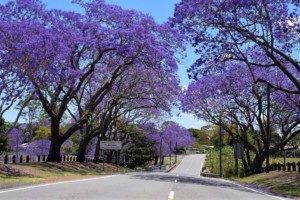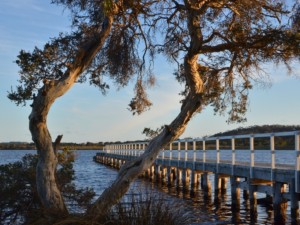Good news in tourism June 7 – 13, 2020
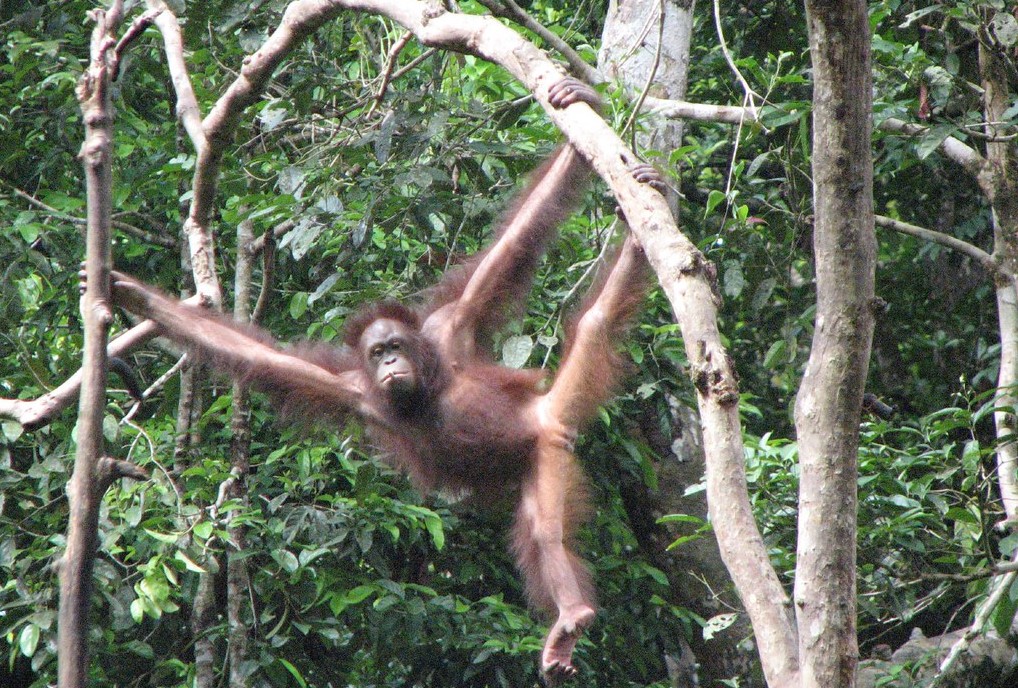
… because it’s everyone’s business!
Published every Sunday, “Good news in tourism” is the perfect pick-me-up for the start of a new week in travel & tourism.
This week in “Good news …”:
- Reopenings
- Markets & messages
- Ecotourism & the great outdoors
- Aviation
- Odds & ends
It’s “Good Tourism”. And go!
Reopenings
Jamaica will reopen its borders to international travel on June 15. Tourism minister Edmund C Bartlett reckons those who come will be “Gen‑C travellers” defined by their health and safety concerns: “Tourism and hospitality companies will need to demonstrate their commitment to implementing new standards, as the Gen‑C traveller will be looking for these reassurances around health and safety when booking travel to domestic and international destinations. It’s a brand new way of thinking.”
“100% pure.” Life in New Zealand has returned to normal in all respects, except international travel, after the patient with the last known case of COVID-19 fully recovered June 8 (and having not identified a new case for more than two weeks). At “alert level 1”, Kiwis can resume normal business, domestic travel, and social interactions, including hugging and shaking hands. However, borders remain closed to all but returning citizens and residents who are required to complete a 14-day quarantine upon arrival.
Australia is not far behind NZ in terms of the bug. Only the most populous states — New South Wales and Victoria — have recorded cases of community transmission in recent days. Except for travel between those two states (and the Australian Capital Territory), interstate travel restrictions largely remain in place as states and territories that have not seen community transmission for weeks wish to keep it that way. Life within those jurisdictions is gradually returning to normal as restrictions are eased.
Iran has recorded more than two million overnight stays since the beginning of June after restrictions on domestic tourism were lifted. This is a better result than Ali Asghar Mounesa, minister of tourism (and other portfolios), expected. He hopes foreign inbound travel will be permitted in July.
Canada’s capital Ottawa and other parts of Ontario province advanced to “Stage Two of Ontario’s economic reopening plan” on Friday. The limit on gatherings will increase from five to 10 people province-wide. Physical distancing remains a thing throughout. Ontario’s minister of tourism (and other portfolios) Lisa MacLeod hopes residents will choose to stay close to home when planning travel.
Kentucky, USA has taken a phased approach to reopening tourism within the state. By the end of June, events of up to 50 people will be permitted. As he reopened a history centre on June 8, governor Andy Beshear said: “Kentucky tourism serves a vital role in sustaining local communities and small businesses.”
State governor Janet Mills of Maine, USA said accommodation providers can, from June 26, begin serving interstate visitors who meet either the 14-day quarantine requirement or the state’s “new testing alternative”.
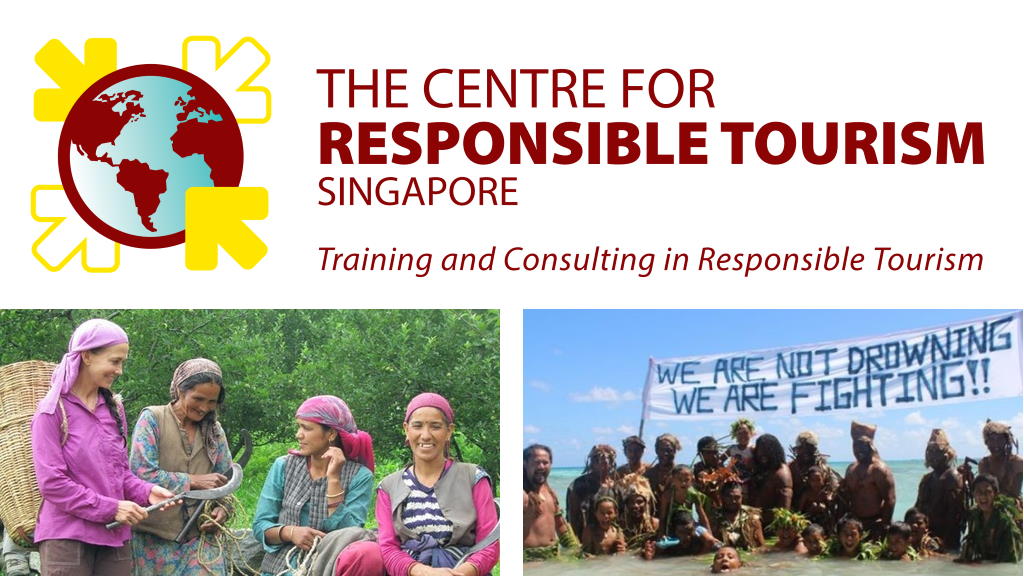
Markets & messages
Switzerland Tourism is asking residents to choose ‘staycations’ over foreign travel through two campaigns: ‘We need Switzerland’ focuses on the diversity of the landscape; ‘Clean and Safe’ emphasises the country’s reputation for being that. Furthermore there is fierce competition for the domestic tourism franc among cities and cantons.
Should the cabinet approve the THB 20 billion (USD 650 million) package next week, Thailand’s government will subsidise domestic tourism spending next month; 40% of up to THB 3,000 (USD 97) per person for airline tickets and hotel bookings.
Egypt is packaging together incentives to stimulate foreign tourism arrivals once they are permitted by the cabinet. The civil aviation ministry has granted a 50% discount on landing and parking fees and a 20% discount on ground services to airlines. The tourism & antiquities ministry is offering 20% off tickets for all museums and archaeological sites. And the ministry of petroleum in May agreed to reduce aviation fuel prices.
Aggressive giveaways in the UAE. In a bid to encourage bookings of three nights or more at participating hotels, the Ras Al Khaimah Tourism Development Authority is giving away rides on “the world’s longest zip line” and tickets to other attractions. And children get to stay and eat for free. There’s also a weekly chance to win a luxury car.
As visitors return to Whitefish, Montana, USA, the City and CVB want them to “wander lightly”; stay “clean, careful, and connected”; and have a backup plan should there be closures or crowds.
Are you a Good Partner? Special deal
To skip this good deal, scroll down to the next subheading.
Your correspondent is far too introverted and disagreeable to be a salesperson. He’s a good guy, though … and bills don’t pay themselves … so here’s a pitch:
“GT” is packaging a Good Partner button (125 x 125 pixels) for a whole year with two sponsored posts to be used any time during that period for … 😲… USD 365 … 😅 … That’s chea- inexpensive! … 😃… It’s a great deal in anyone’s language. And it’s yours if you want it! Sponsored posts can be about your news, event, place or product without the editorial constraints of a “GT” Insight. And as a “GT” Partner you will enjoy all the “Good news” advantages of “GT” Partnership.
More information about “GT” Partnership | Buy the “Good Partner” button now.
Ecotourism & the great outdoors
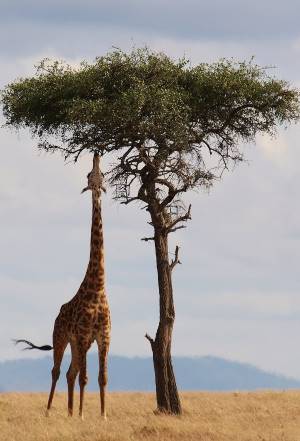
Three years after Kenya’s nationwide ban on single-use plastic bags, visitors to the country’s national parks, forests, beaches, and conservation areas who carry single-use plastics of any form — bags, bottles, plates, cups, cutlery, straws — can now be arrested and prosecuted. The penalty is a fine of KES 2 million (USD 18, 800) to KES 3 million (USD 28,200) or a jail term of up to three years.
The central Asian nation of Kazakhstan has adopted the US model for the development of ecotourism in its 13 national parks, according to Magzum Mirzagaliyev, the minister for ecology, geology, & natural resources.
Philippines’ Department of Tourism in Davao is supporting agritourism and ecotourism to help the tourism industry recover from coronavirus. PDOT is offering training to stakeholders in the topics of carrying capacity, site management, and visitor management as well as digital marketing, virtual tours, sales, and promotions. On agritourism, Davao regional director Tanya Rabat-Tan said: “Based on what happened, we all realised that food security is important […] we can integrate the tourism side of that.” Davao de Oro provincial tourism officer Christine Dompor said: “One of our initiatives is linking our farmers to tourism […] It is part of the sustainability plan.”
A “key component of public health” during the pandemic has been the great outdoors, according to Lee Hart of the Alaska Outdoor Alliance, USA. In an op ed Hart asks: “What if our greatest asset as a state, Alaska’s outdoors, could be part of building a strong, diversified economic future that supports our communities, promotes a healthy environment, and provides a healthy foundation for well-paid jobs and resilient businesses.”
A team of academics and officials visited the Dongrim-Mandur area of Goa, India to investigate the potential for ecotourism, including crocodile- and bird-watching. Village resident Mahendra Shirodkar said paddy cultivation in the area had almost discontinued: “We are looking at alternative ways in which the youth of the village can generate sustainable income through eco-tourism.”
Chief Wildlife Warden Rajiv Bhartari of Uttarakhand state in India has consented to the opening of the Corbett and the Rajaji tiger reserves “for ecotourism activities”, subject to a strict adherence to health and safety guidelines. However, the reserves will be open only a few days as they close every year on June 15 for monsoon!
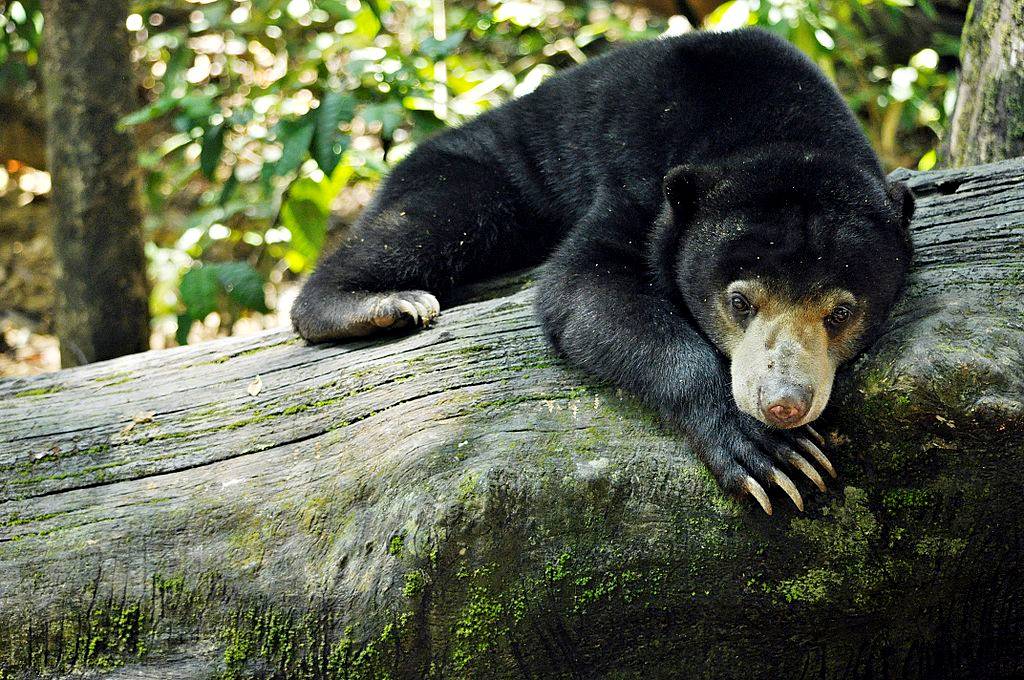
Reopening on June 15 with ‘safety first’ in mind are the Lok Kawi Wildlife Park, the Sepilok Orangutan Rehabilitation Centre, and the Bornean Sun Bear Conservation Centre, all of which are in Sabah state, Malaysia. Sabah Wildlife Department director Augustine Tuuga said the centres would adhere to government-mandated SOPs.
Friends indeed
As lockdowns lengthen, more tins rattle … Here are fundraisers well worth considering due to the involvement of “GT” Friends. (This content has appeared in “Good news in tourism” before so enjoy it again … or scroll down to the next subheading to skip.)
“GT” Insight Partner Second Look Worldwide is endorsing a worthy fundraiser organised by “GT” Friend James Nadiope, who said: “Since Uganda went into quarantine with total lockdown followed by curfew many families where we work go empty stomach with no food to eat. I would like to appeal to all well-wishers for financial donations to help these vulnerable families.” [Callback: In January, Mr Nadiope contributed a “GT” Insight into “How bees, trees, & tourism reduce human-wildlife conflict in Uganda”.]
The temporary closure of Cardamom Tented Camp due to the COVID-19 shutdown has meant that forest patrols by Wildlife Alliance rangers in Botum Sakor National Park in southwest Cambodia may have to be suspended. The rangers’ equipment, food and wages are provided in entirety by the Golden Triangle Asian Elephant Foundation (GTAEF) and Cardamom both of which depend on tourism. And there is no tourism. An emergency fundraising page to keep rangers employed and adequately supplied is live … and worthy. [“GT” Friends Willem Niemeijer and John Roberts are associated with the fundraiser via Cardamom and GTAEF respectively.]
The expression “an elephant in the room” means an uncomfortable truth we cannot ignore. With tourism cash flows stemmed, many Asian elephants and their mahouts in Thailand and elsewhere are in deep trouble. “GT” Friend Hollis Burbank-Hammarlund of Work for Wild Life International wrote about why that’s the case and how we can help.

Not a fundraiser as such, but an idea for accommodation providers: “GT” Friend Rachel Sherwood, a travel blogger from Oxfordshire in England, is organising well-deserved holidays for healthcare workers at the front lines of the coronavirus COVID-19 fight. Operation Recuperation is collecting pledges from accommodation providers and second home owners from all over the world. “GT” invited Ms Sherwood to write about “Operation Recuperation” and how hotels and resorts might get involved.
Aviation
UK government ministers have created a “jet zero council”. Transport secretary Grant Shapps said that the body would include aviation leaders, environmental groups, and government officials to create “zero-carbon airlines”. The government is backing a sustainable aviation fuel developer and will contribute GBP 500,000 (USD 626,000) to build a biofuel plant for aviation and road freight. Airlines UK welcomes the news.
On June 10, the European Aviation Safety Agency (EASA) awarded the first type certification (for airworthiness) to an electric aircraft: the two-seat Velis Electro by Pipistrel Aircraft of Slovenia. The Velis Electro is designed to be a trainer aircraft. Pipistrel plans to deliver 31 to customers in seven countries in 2020.
South Korea’s ministry of land, infrastructure, and transport is shooting to have at least some commercial urban air mobility (UAM) services operating by 2025. Starting with one or two routes in the metropolitan area of the capital Seoul, South Korea hopes UAM will help reduce traffic congestion in major cities.
Follow, flatter, finance
To skip, simply scroll down to the next subheading …
If you like “GT” and you don’t want to miss a thing, then subscribe to “GT’s” weekly e‑news — it’s free — and follow “GT’s” various socials, such as its LinkedIn page.
Join the conversation. Within reason — legality, topicality, decency, and good faith — all points of view are welcome … especially flattering ones, of course! 😎
And if you find “GT” inspiring, interesting, somewhat amusing, or at least different — because diversity is good, yeah? — then surely it’s worth a little something to you.
It would mean a big something to “GT”!
Thank you very much to those who have donated. 😍
Odds & ends
Good news bits ‘n pieces that don’t easily fit into this week’s arbitrary clusters:
The representative in Greece of Cruise Liners International Association (CLIA) reckons Greek cruise destinations could follow the example of Dubrovnik, Croatia and have the Global Sustainable Tourism Council (GSTC) conduct a sustainability assessment.
The Ghana Tourism Federation reckons the private sector should spearhead the development and maintenance of tourism infrastructure. Meanwhile, the government has secured a USD 9 million World Bank facility for tourism sites and building SME capacity.

The landlocked region historically known as Slavonia has been largely overlooked by travellers to Croatia. This may change with the launch of a new digital platform Slavonia.travel and its three key messages: Osjeti, okusi, upoznaj (Feel, taste, meet). The Slavonia region very roughly corresponds to five counties — Brod-Posavina, Osijek-Baranja, Požega-Slavonia, Virovitica-Podravina and Vukovar-Srijem — whose tourism boards are cooperating on the project.
The “tourist-dependent community” of Lake George in New York state, USA, has plans to reduce greenhouse gas emissions from municipal operations by 80% over the next 30 years, including a plan to develop a 10-acre (4‑ha) community solar farm.
The Eurobodalla Shire Council in New South Wales, Australia, has approved plans for the new Narooma Arts & Community Centre. Narooma School of Arts president Jenni Bourke said the building will be a “vital arts and cultural hub” that would “strengthen our community [and] stimulate our economy through cultural tourism”.
Stay healthy, smile, and have a good week!
Featured image (top of post): Just hanging around at Sepilok Orangutan Rehabilitation Centre, Sabah, Malaysia. By Rob & Stephanie Levy (CC BY 2.0) via Flickr. “GT” cropped it.
Donations, diversity, disclaimers
To help your correspondent keep his energy-efficient lights on, please consider a private one-off gift or ongoing donation. THANK YOU to those who have! <3
Thank you very much to those who have donated. 😍
You are a tourism stakeholder — yes, YOU! — so what’s your view? Do you disagree with anything you have read on “GT”? Join the conversation. Comment below or share your “Good Tourism” Insights. Diversity of thought is welcome on The “Good Tourism” Blog. And you will be supporting an independent publisher with your original content.
Disclaimer 1: It is “GT’s” policy to fully disclose partner/sponsor content. If an item is not disclosed as partner or sponsor-related then it will have caught “GT’s” attention by some other more organic means. Partner with “GT”. You know you want to.
Disclaimer 2: None of the stories linked from this week’s post have been fact-checked by “GT”. All terminology used here is as the linked sources used it according to the knowledge and assumptions they have about it. Please comment below if you know there has been buzzword-washing or blatant nonsense relayed here, but be nice about it as the linked sources might get offended. (“GT” won’t.) And as for “GT” bringing it to your attention so that you might be the one to set the record straight, you are welcome! 🙂


